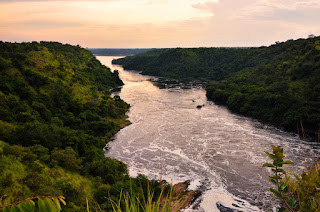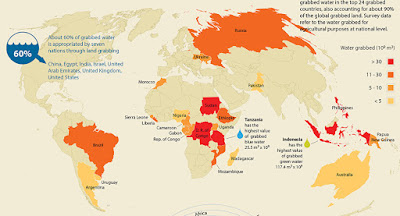Finale: An overview

Over the past 12 weeks we have examined the critical role politics plays in developing and managing shared water resources mainly on the Nile. The interaction between governments, communities and private enterprise have been at the forefront of this research- with the end goal of highlighting the importance of a collaborative discourse between all stakeholders, establishing a common goal for the long term sustainable future of water resources in East Africa. “African water management is also, by definition, transboundary water management” (Kimenyi and Mbaku, 2015 p1) The Nile River (Waddington, 2014) From a development perspective, population change and demographic transitions have been key in the discourse surrounding contemporary water management frameworks. In 1990, the Nile basin population was 160 million, today this figure has increased by 40% to 224 million people (almost ¼ of Africas population) (Appelgran et.al, 2000). Nile Basin Initiative’s ( 2012 ) repor...
